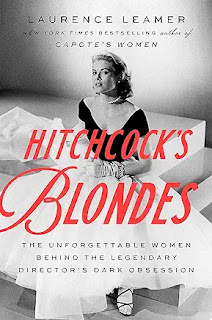David Duchovny's novella The Reservoir was originally published in 2022 but a new paperback edition, which includes the addition of a short story titled "The Scare Owl," will be available in bookstores on January 30, 2024. (Shown above is the new edition's cover.)
Ridley is a Wall Street retiree who has been self-trapped inside his New York City apartment pretty much since the onset of the COVID-19 pandemic. He lives in such fear of this mysterious new virus that he does little else all day long but stare out the apartment window overlooking Central Park while contemplating his past personal failures. It doesn't help that Ridley is divorced and hasn't risked a visit with his daughter in months now. He lives alone, and he is a lonely man.
So when Ridley late one night notices flashing lights coming from an apartment window on the opposite side of the park, he is eager to connect with the mystery light-flasher, a person he convinces himself has to be a woman. He is so eager for some kind of human contact that he ventures outside, and into the park, in search of the woman he has fallen into a strange love-trance relationship with despite her, so far at least, living only in his imagination. Ridley is slowly, inevitably, being driven mad by his extreme isolation, and there is no one there to help him.
What happens to Ridley on the freezing nights he ventures into Central Park is at times surreal, and it is not always clear what is real and what occurs only in the man's head. Fearing now that he has foolishly exposed himself to COVID-19, Ridley retreats to the relative safety of his apartment, convinces his doctor to send the approved treatment to his door, and waits to see what happens next.
The Reservoir is about the way that people coped with the recent pandemic, but it is also a critique of the lifestyle choices and cultural changes initiated by the virus that are still with us today. The feelings of isolation, loss, and detachment from other human beings have become a way of life for too many people - and we were not made to live in that kind of world. The Reservoir may not be a long book, but it one that leaves behind a lot for the reader to ponder well after its last page has been turned.
But that's not nearly all there is to this book because its short story bonus, "The Scare Owl," also offers plenty to think about. This fable about a newly hatched crow raised by a murderous owl is one of the saddest coming-of-age tales I've encountered in a while, one that I am still mining for its complete message several days after reading it.
David Duchovny may be better known as an actor than as an author, but I'll tell you one thing...the man can write.
 |
| David Duchovny jacket photo |



















































